Afghanistan is situated in Central Asia bordering Pakistan, Iran, Tajikistan, Uzbekistan, and Turkmenistan. Afghanistan is a landlocked country and depends on land transit routes. As of September 2021, Afghanistan was confronted with a severe hunger crisis and a significant unemployment rate that resulted from a combination of issues such as political instability, conflict, drought, floods, and the Covid-19 pandemic. According to the United Nations, approximately 18 million individuals – nearly half of the Afghan population – required assistance in 2021 and 2022. According to preliminary estimates, nearly 20 million people are projected to be acutely food-insecure between November 2022 and March 2023, including more than 6 million people in IPC Phase 4 (Emergency).
Due to the continued instability and conflict in the country, businesses have found it difficult to operate. This has contributed to high unemployment in the country, with 30% of the people unemployed.
With the Taliban takeover of the country in August 2021, the situation has become more uncertain, and many Afghans are anxious about their safety and the future. The new government still needs to determine how to address the country’s urgent humanitarian needs, such as hunger and unemployment. Approximately 28.3 million people, two-thirds of Afghanistan’s population, require multi-sectoral humanitarian assistance in 2023.
Human Concern International (HCI), a global charity founded in Canada, has a substantial presence in Afghanistan. HCI helps to manage and address the impact of various crises by mobilizing resources. This includes implementing challenge-specific solutions in collaboration with local partners. HCI works to address the root causes of poverty and hunger in countries of its intervention, including Afghanistan. In Afghanistan, HCI implements a range of programs aimed at improving food security, nutrition, and livelihoods for vulnerable communities.
Human Concern International’s intervention in Afghanistan:
HCI partnered with a local partner to implement skills training and a food package distribution project. The project was implemented in Kabul, Laghman, Kandahar, Nuristan, and Nangarhar. Throughout the project’s implementation, HCI offered beneficiaries the chance to acquire vocational or professional training and distributed crucial food supplies.

Food packages were carefully prepared to provide adequate sustenance for the beneficiaries’ families, thus allowing them to focus on their skills and learning without having to concern themselves with their family’s well-being. The beneficiaries received vocational skills training that encompassed motorcycle and car mechanics, carpentry, and tailoring. This training was customized to meet the unique needs and interests of each beneficiary.
The successful implementation of the project resulted in the beneficiaries breaking the vicious cycle of poverty. By providing families with the opportunity to learn skills in their chosen fields, their prospects were enhanced. Consequently, their income has increased, and many have found employment after acquiring new skills and professions. In addition, some have even been able to start their micro-businesses.

HCI has made significant strides toward reducing global poverty through the successful implementation of such projects. Making progress towards the achievement of Sustainable Development Goal (SDG) One, which aims to eradicate poverty, SDG Two, which aims to eliminate hunger, and SDG Eight, which aims to promote decent work and economic growth, HCI has made an impactful contribution. This project has been especially critical for the people of Afghanistan during a time of political and economic turmoil. The project provided beneficiaries with food security and a sustainable source of income, enabling them to support themselves and their families.
HCI remains committed to supporting vulnerable communities in Afghanistan through the implementation of projects that address their food security concerns and provide durable solutions to their problems. This supports HCI’s ultimate objective to facilitate the transition of individuals and families around the world from crisis to sustainability.
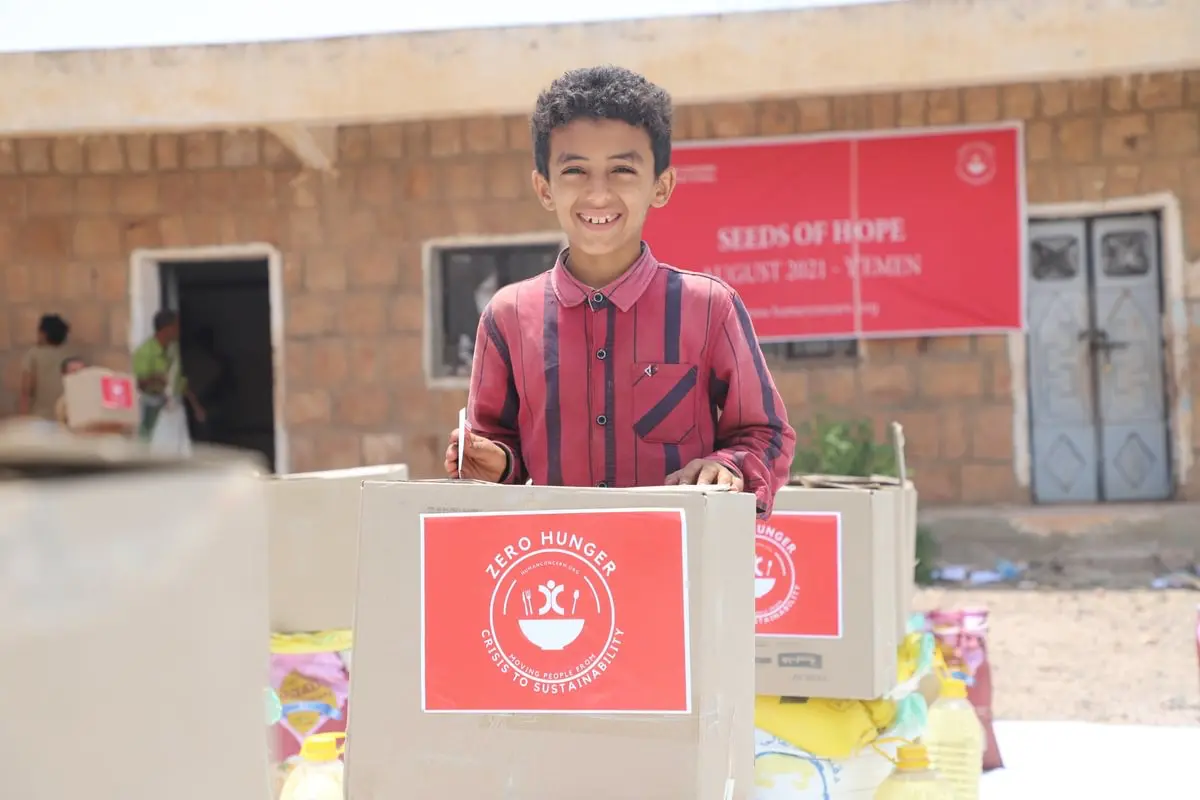
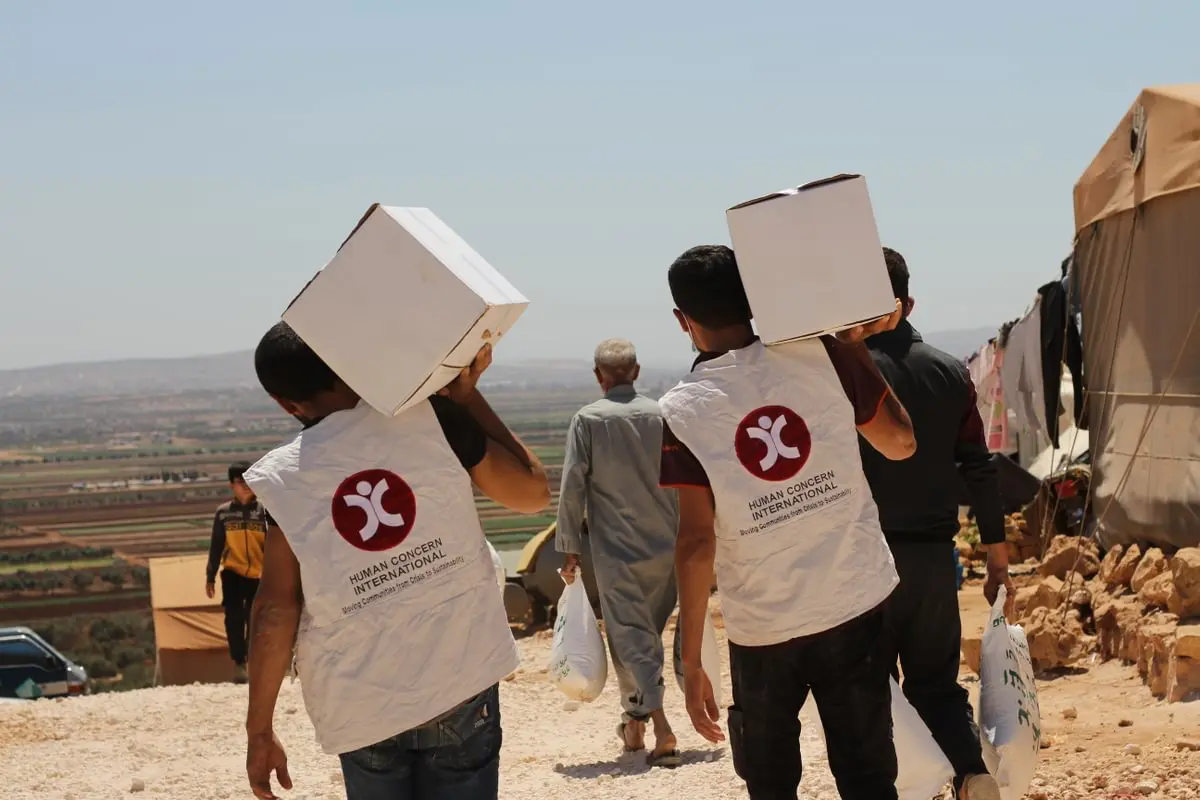
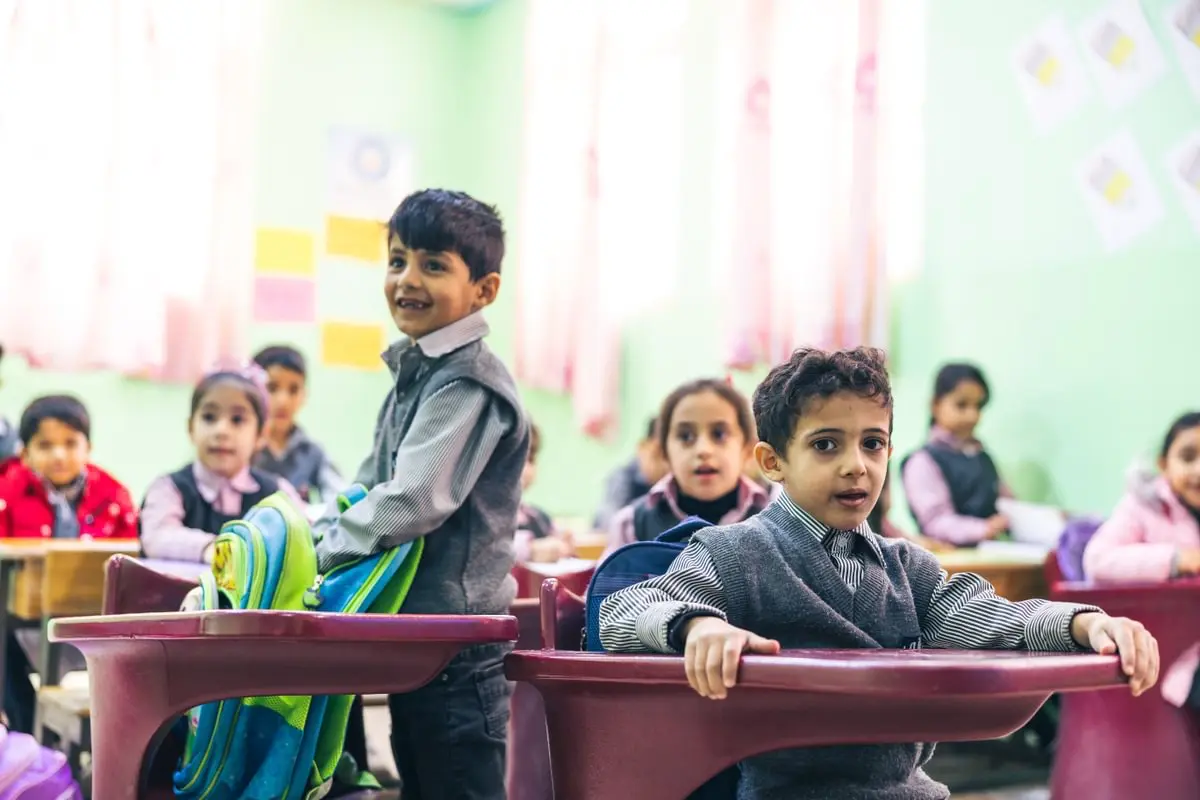
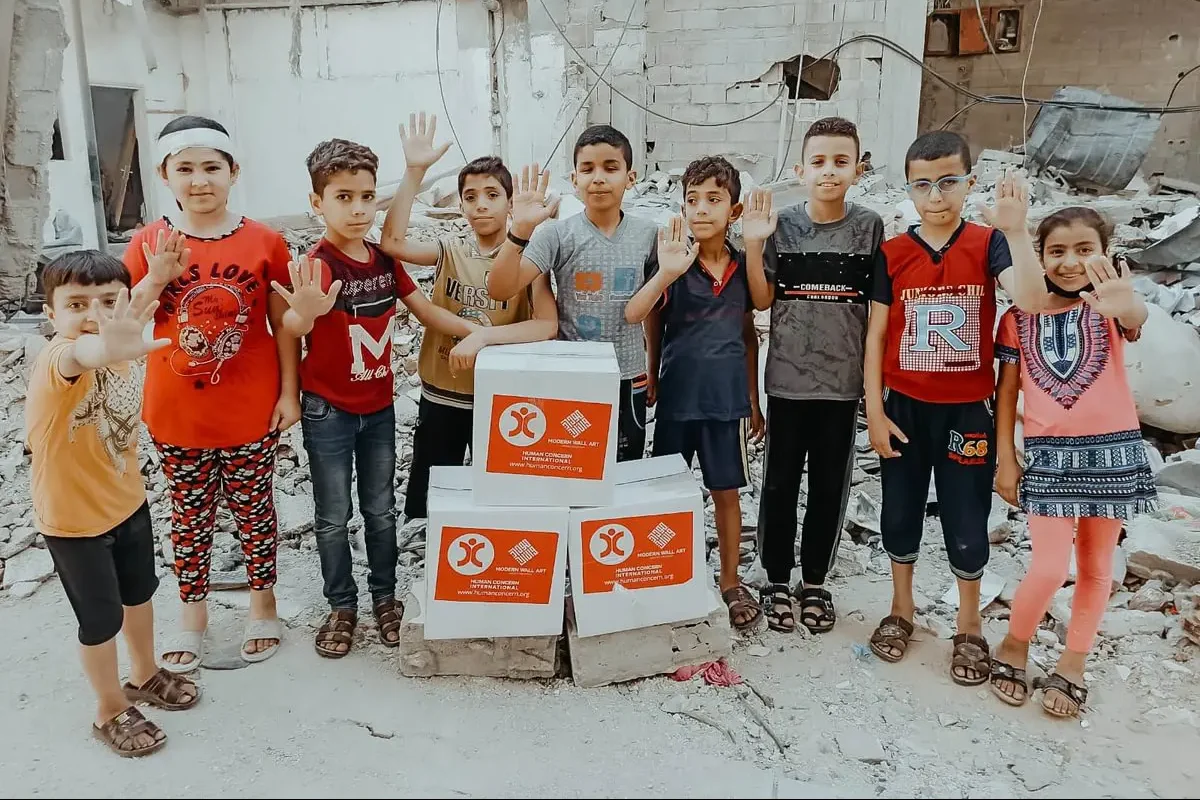


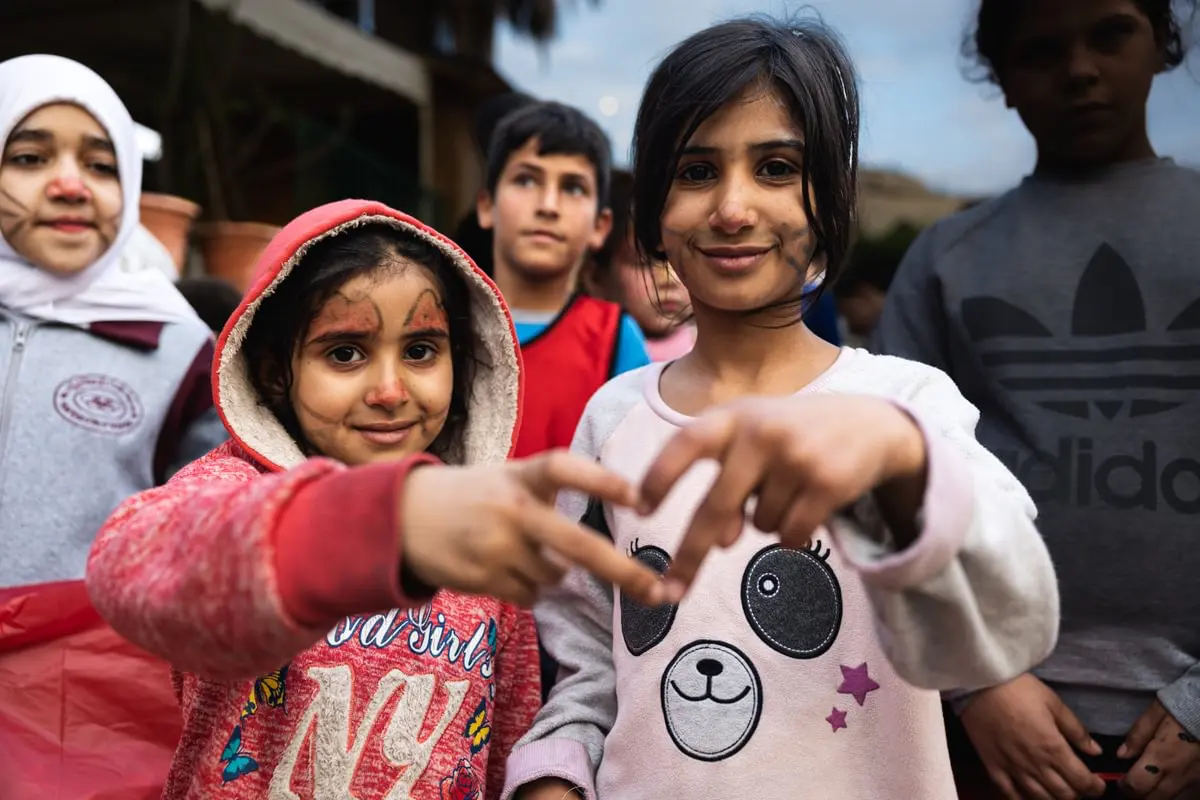


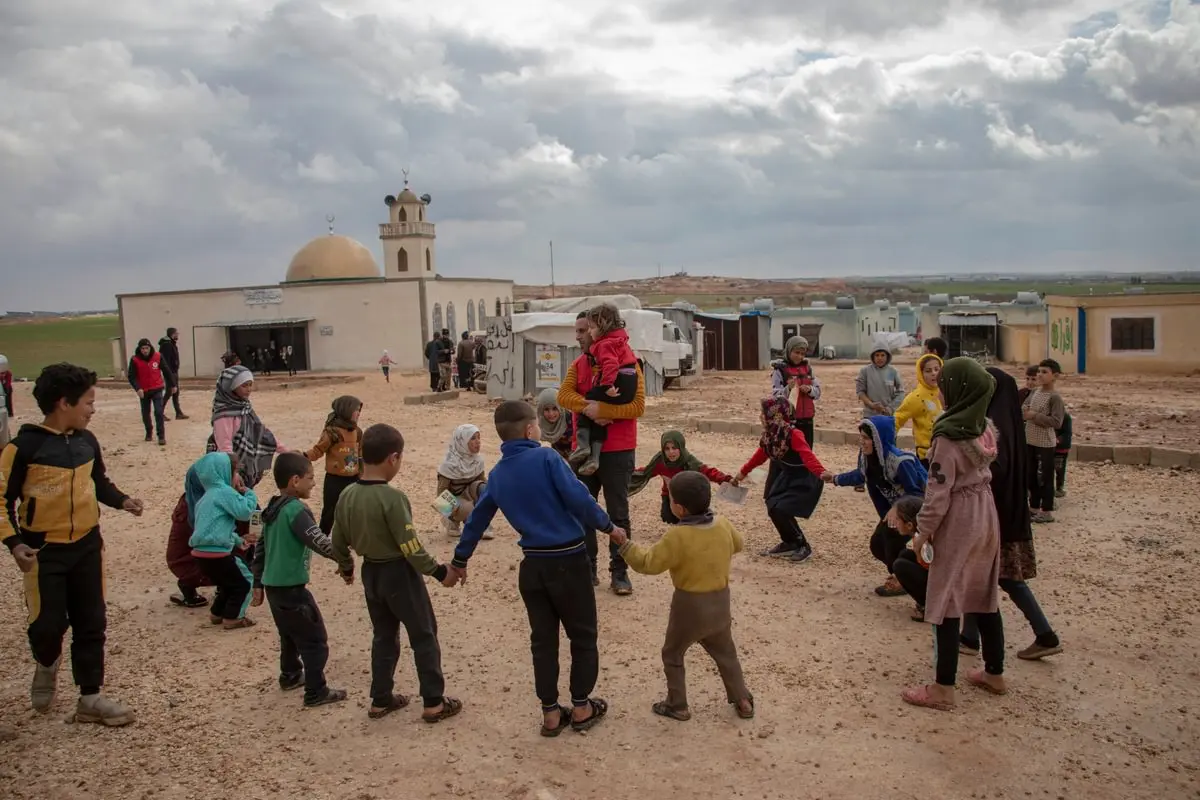


Human Concern International is the oldest Muslim relief organization in Canada, fighting poverty for over 45 years.
We are a registered charity with the CRA. Charitable Registration No. 107497125 RR 0001